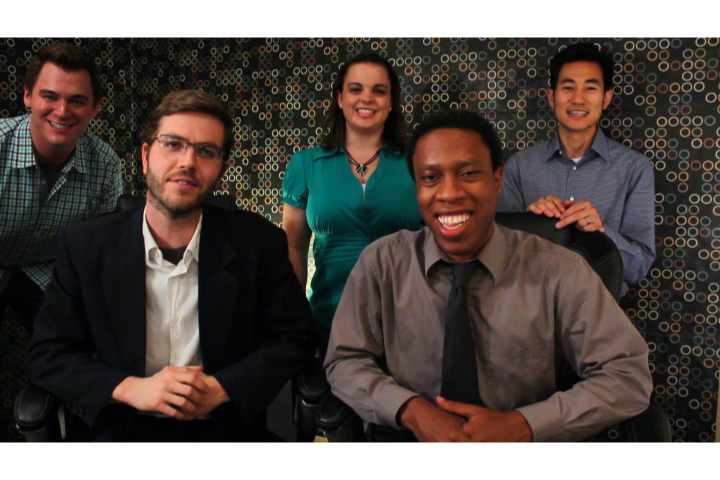Digital Rights Management (DRM)
NMR joins coalition to tell TPP Negotiators to stand up for creator and user safeguards
February Newsletter -- Getting results: FCC now considering proposal that would actually protect the Open Internet.
3D Printing and repairing products
New Media Rights submits comments to the Request for Comments on Department of Commerce Green Paper on Copyright Policy, Creativity, and Innovation in the Digital Economy
Invest in creativity and slay the copyright trolls!
New Media Rights invited to participate in Copyright Office panels considering potential small claims system for copyright law
A video to our community: Big news about our future!
Join New Media Rights in signing the Declaration of Internet Freedom to uphold basic rights in the digital world
Internet rights battles don't end with SOPA - February 2012 newsletter
Pages
Learn about our legal services for: App Developers, Artists & Graphic Designers, Bloggers & Journalists, Clothing Designers, Entrepreneurs, E-commerce Business People & Startups, Filmmakers & YouTube creators, Public Broadcasting producers,Game Developers, Internet users & Smartphone users, Makers, Musicians, Non-Profits, Photographers, Scholars, Researchers, and Writers and Publishers.








